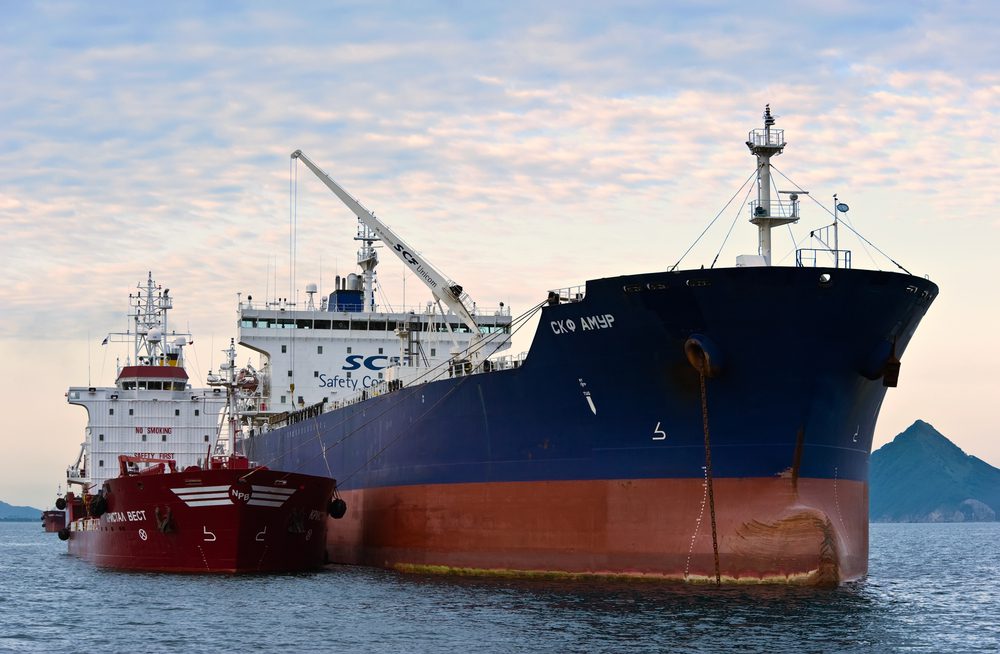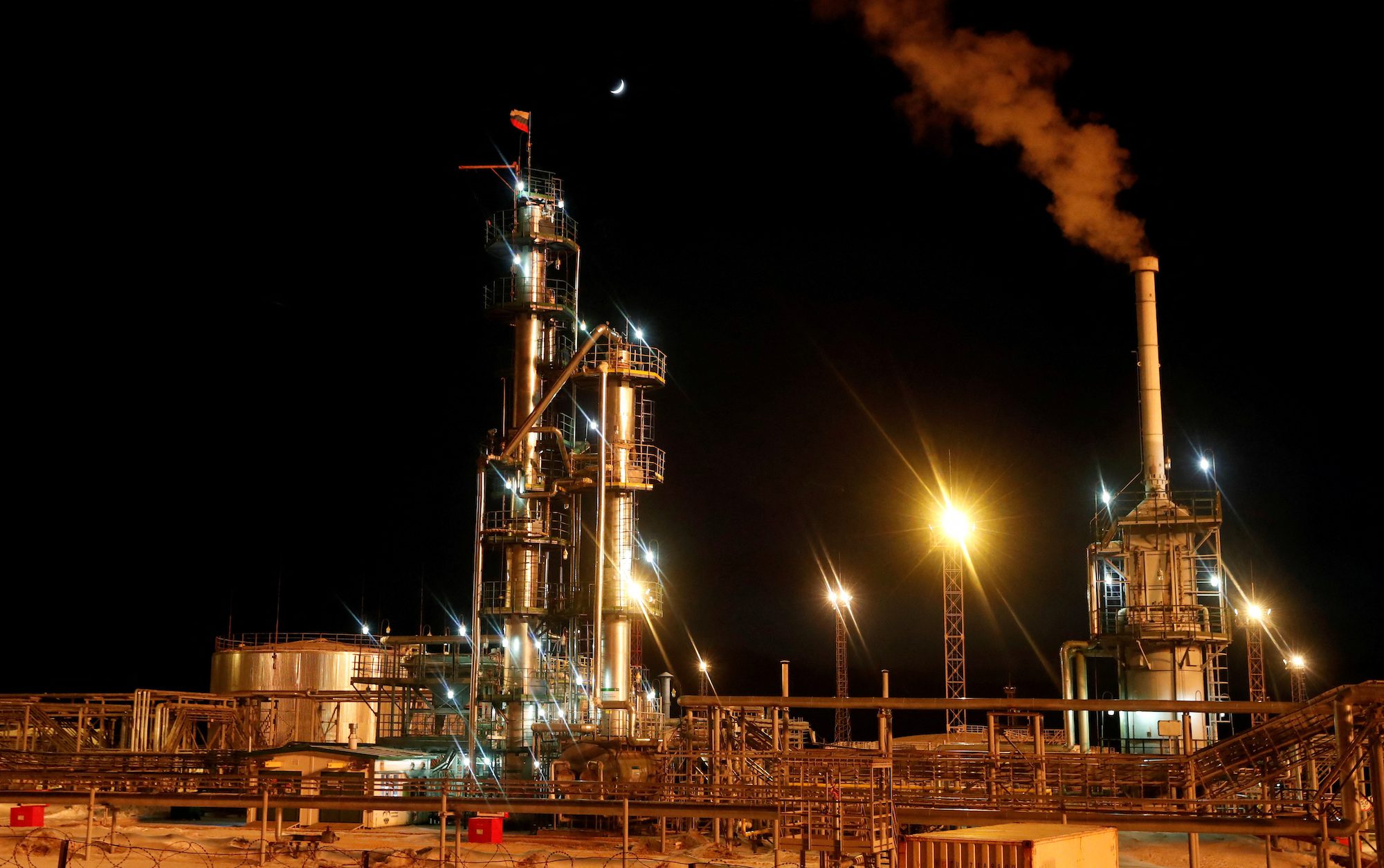File photo: VladSV / Shutterstock.com
(BIMCO) – BIMCO, the world’s largest international shipping association, has today voiced serious concerns about some of the conclusions of the official study that will inform the decision of the MEPC over the implementation date of the 0.5% global sulphur cap.
The official IMO study which assessed the relevant availability of fuel oil has failed to fully address the IMO’s terms of reference – in BIMCO’s view – in several critical areas:
- On fuel oil quality. A significant amount of the fuel oil that the IMO study concludes will be available for marine use is unsafe to store and use onboard ships.
- On how an assessed shortage of sulphur removal capacity in refineries will be resolved so that capacity would be in place by 2020.
The study fails to model the disruption that an overnight introduction of the global cap (from 31 December 2019) would cause.
As a result, BIMCO states it is not possible to determine that the global refining industry will have the capacity to produce enough marine fuel by 2020. BIMCO also raises concerns that the supply of fuel to other sectors of the global economy could face major disruption if the scenario is not addressed beforehand.
BIMCO, among others, have funded an independent supplementary study (carried out by EnSys and Navigistics) to assess the availability of marine fuel, which addresses all the above issues. This study concluded that it is unlikely that there will be sufficient low sulphur fuel available in 2020, while maintaining uninterrupted supply of fuel to all other sectors of the global economy.
Lars Robert Pedersen, Deputy Secretary General at BIMCO, said:
“It is clear that the IMO study is flawed, meaning it is not possible to determine from the study that there would be sufficient fuel available in 2020. On that basis, our opinion is that it would be irresponsible for IMO to make the decision to go for 2020 at MEPC 70 in October. There is clearly a need for additional analysis to ensure the supply chain for global trade is not seriously disrupted and developing nations are not hit hard by a lack of affordable energy.
“This is not about the cost of low sulphur fuel for ships – that has long been known. We know that the shipping industry will buy the fuel they need. But if it is in short supply, the cost will rise not just for shipping but for all users of the fuel. This will price those in poorer economies out of the market.
“It’s a complex issue – but the difficulties in ensuring sufficient refinery capacity and the disruption caused by an overnight introduction have to be thoroughly taken into account.”
BIMCO is the world’s largest international shipping association, with 2,200 members in around 130 countries.

 Join The Club
Join The Club











